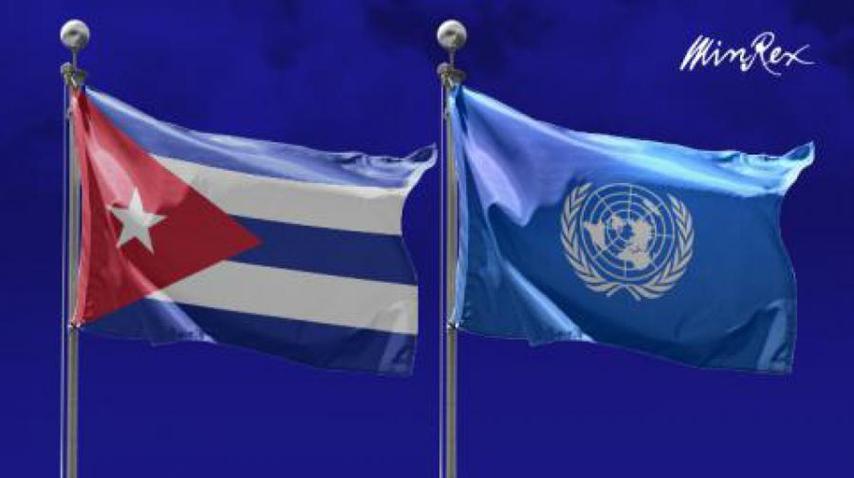Cuba, Brazil, the Dominican Republic, and Peru are running for the three positions available for the Latin American and Caribbean.
Cuba’s candidacy acknowledges, among other things, its achievements in health care, education, scientific research, culture, and sports, despite the imposition of obstacles to its development.
In recent years, Cuba has strengthened these guarantees with the approval of the new Constitution, ratified in a popular referendum in 2019, as well as the rates of women’s equality and empowerment, and priority attention to children and adolescents.
Another significant step for human rights was the coming into force of the Family Code, considered one of the most advanced in the world, which was also approved in a national referendum.
The right to development, education, and health care; the fight against racism, racial discrimination, xenophobia, and other forms of intolerance; access to food; and the promotion of a democratic and just international order are other historic commitments for Cuba and the nations of the South. Cuba was elected for the fifth time to the UN Human Rights Council for the 2021-2023 period. It was selected as a founding member of that body from 2006 until 2009, and joined it again in the 2009-2012, 2014-2016, and 2017-2019 periods.
 Escambray ENGLISH EDITION
Escambray ENGLISH EDITION





Escambray reserves the right to publish comments.